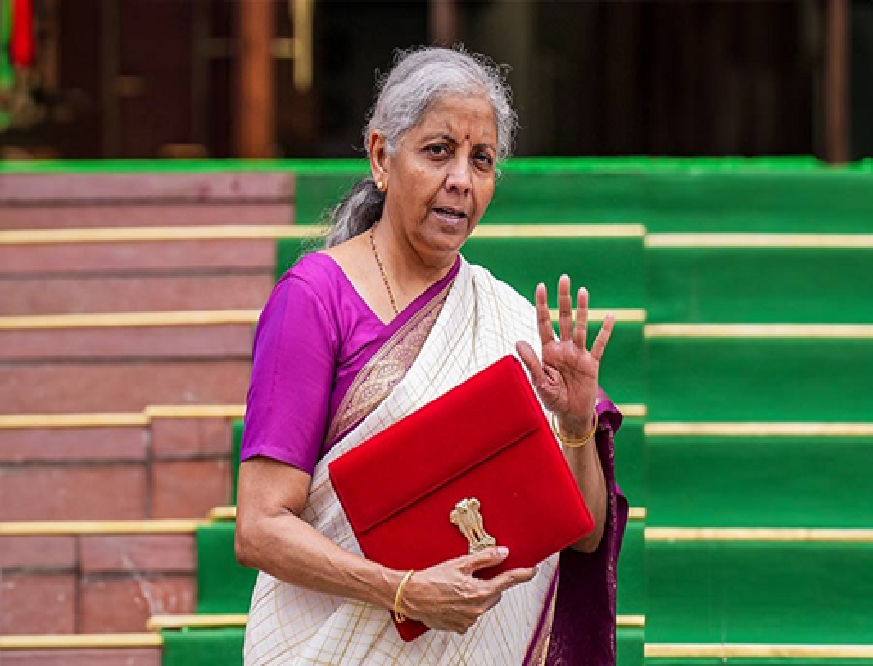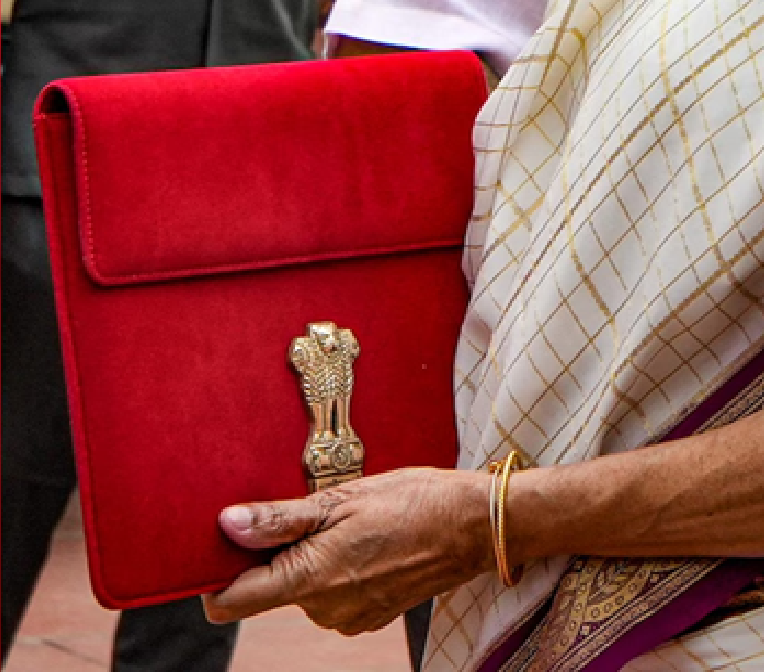
Wealth of ultra-wealthy likely to continue to rise in 2023: Survey
Of the investable wealth, highest allocation is in equities at 34 percent, followed by commercial property (25 percent), bonds (16 percent), pvt equity/venture capital (10 percent)
Press Trust of India
New Delhi: Nearly 9 out of 10 ultra-high-net-worth individuals in India saw an increase in wealth during in 2022, and the super rich expect their wealth to grow further this year, according to a Knight Frank survey.
In its latest ‘The Wealth Report: Outlook 2023’, real estate consultant Knight Frank has revealed the findings of the global survey. Among Indian respondents, the consultant said 88 percent saw a rise in UHNWI’s (ultra-high-net-worth individuals) wealth in 2022.
Out of which 35 percent respondents said that Indian UHNWIs saw an increase in their wealth in excess of 10 percent last year. Going forward, the Indian respondents expect wealth of the ultra-wealthy to continue to increase in 2023. While 47 percent expect wealth to increase by more than 10 percent, 53 percent expect wealth to rise by at least 10 per cent over the previous year.
“... Despite the year of ‘Permacrisis’, 88 per cent or nearly 9 out of 10 UHNWIs witnessed an increase in wealth in 2022,” Knight Frank said in a statement. The survey also found that investable wealth of Indian UHNWIs is largely allocated between equities, real estate and bonds.
Out of the total investable wealth, highest allocation is in equities at 34 percent, followed by commercial property (25 percent), bonds (16 percent), private equity/venture capital (10 per cent), gold (6 per cent) and passion led investment (like art, car and wine) at 4 percent. Allocation in equities is higher by Indian UHNWIs than wealthy people globally.
“As India emerges as a market of opportunity which is expected to remain in growth mode despite an impending global slowdown, wealth held by UHNWIs is expected to grow in 2023,” Knight Frank India CMD Shishir Baijal said. The optimism of the ultra-wealthy here is far higher than their global counterparts.
 English daily published in Bengaluru & Doha
English daily published in Bengaluru & Doha






